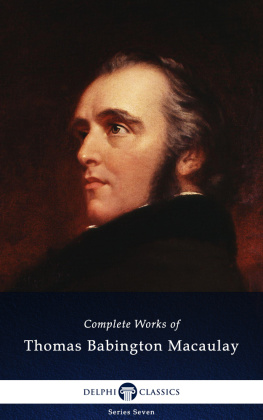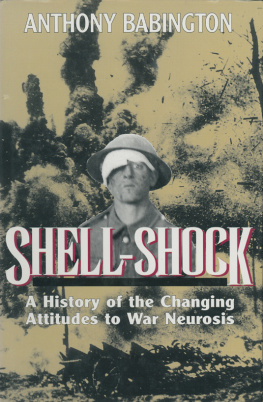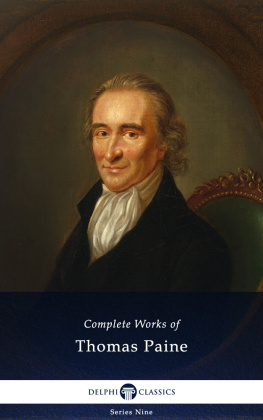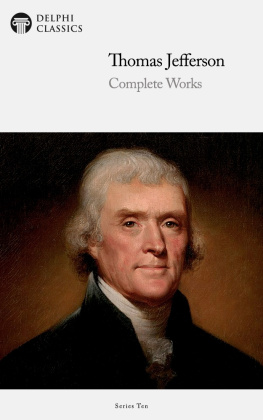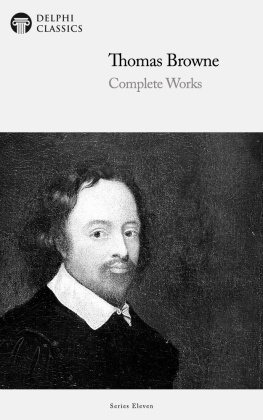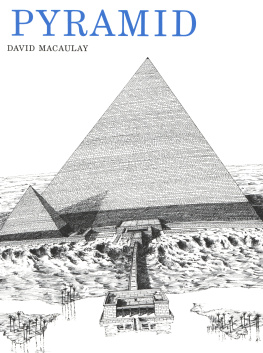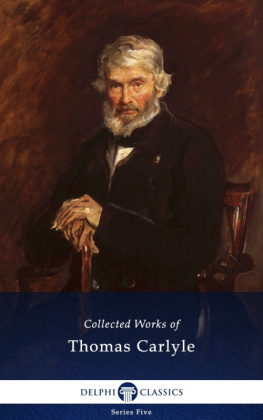
The Complete Works of
BARON MACAULAY
(1800-1859)

Contents

Delphi Classics 2016
Version 1

The Complete Works of
THOMAS BABINGTON MACAULAY

By Delphi Classics, 2016
COPYRIGHT
Complete Works of Thomas Babington Macaulay
First published in the United Kingdom in 2016 by Delphi Classics.
Delphi Classics, 2016.
All rights reserved. No part of this publication may be reproduced, stored in a retrieval system, or transmitted, in any form or by any means, without the prior permission in writing of the publisher, nor be otherwise circulated in any form other than that in which it is published.
ISBN: 978 1 78656 063 6
Delphi Classics
is an imprint of
Delphi Publishing Ltd
Hastings, East Sussex
United Kingdom
Contact: sales@delphiclassics.com
www.delphiclassics.com
Parts Edition Now Available!

Love reading Macaulay ?
Did you know you can now purchase the Delphi Classics Parts Edition of this author and enjoy all the novels, plays, non-fiction books and other works as individual eBooks? Now, you can select and read individual novels etc. and know precisely where you are in an eBook. You will also be able to manage space better on your eReading devices.

The Parts Edition is only available direct from the Delphi Classics website.
For more information about this exciting new format and to try free Parts Edition downloads , please visit this link .
The Books

Rothley Temple, Leicestershire Macaulays birthplace

Baron Macaulays father, Zachary Macaulay (1768-1838) was a Scottish statistician, one of the founders of London University and of the Society for the Suppression of Vice, an antislavery activist, and governor of Sierra Leone, the British colony for freed slaves.

Baron Macaulay by John Partridge
MINUTES ON EDUCATION IN INDIA

Thomas Babington Macaulay was Secretary to the Board of Control under Lord Grey from 1832 until 1833. The financial embarrassment of his father meant that Macaulay became the sole means of support for his family, requiring a more remunerative post than he could hold as an MP. After the passing of the Government of India Act 1833, he resigned as MP for Leeds and was appointed as the first Law Member of the Governor-Generals Council. In 1834 he went to India, serving on the Supreme Council of India between 1834 and 1838.
Macaulays famous Minute on Indian Education of February of 1835 urged Lord William Bentinck, the Governor-General to reform secondary education on utilitarian lines to deliver useful learning in India, which Macaulay wished to be synonymous with Western culture. There was no tradition of secondary education in vernacular languages; the institutions then supported by the East India Company taught either in Sanskrit or Persian. Hence, he argued, We have to educate a people who cannot at present be educated by means of their mother-tongue. We must teach them some foreign language. Macaulay argued that Sanskrit and Persian were no more accessible than English to the speakers of the Indian vernacular languages and existing Sanskrit and Persian texts were of little use for useful learning. Macaulays minute largely coincided with Bentincks views and Bentincks English Education Act 1835 closely matched Macaulays recommendations, but subsequent Governors-General took a more conciliatory approach to existing Indian education.

Portrait of Lord Grey by an unknown artist, after Sir Thomas Lawrence, c. 1828
MINUTES ON THE EDUCATION OF INDIA
WRITTEN IN THE YEARS 1835,1836, AND 1837,
AND
NOW FIRST COLLECTED FROM RECORDS IN THE DEPARTMENT OF PUBLIC INSTRUCTION,
BY
H. WOODROW, ESQ. M. A.
INSPECTOR OF SCHOOLS, CALCUTTA, AND FORMERLY FELLOW OF CAIUS COLLEGE, CAMBRIDGE.
CALCUTTA:
PRINTED BY C. B. LEWIS, AT THE BAPTIST MISSION
CONTENTS
PREFACE.
WHEN the posthumous and forgotten writings of distinguished authors are discovered, and presented to the public, it is customary for the publisher to state where and how the manuscripts were found.
In the office of the Department of Public Instruction in Calcutta are hundreds of manuscript volumes and bundles, containing minutes, reports, and correspondence, accumulated during the last forty years by the several authorities who have exercised control over the course of public instruction in Bengal. The records of the Committee of Public Instruction extend from 1823 to 1842, when the Committee was superseded by the Council of Education, which, in its turn, in January 1855, was displaced by the appointment of a Director of Public Instruction. In April, 1854, the offer of the appointment of Secretary to the Council of Education was accepted by me, and in this capacity I received charge of all the records, and became acquainted with the valuable minutes which lay buried in a vast mass of official correspondence.
In January, 1855, the system prescribed in Sir Charles Woods great Educational Despatch was carried out in Bengal, the Council of Education was abolished, and a member of the Bengal Civil Service was appointed to discharge its functions under the title of Director of Public Instruction. To the first Director, Mr. W. Gordon Young, my grateful acknowledgements are due for his unvarying courtesy, and for his permission to continue my researches among the old records of his office. I also received from him permission to use in a public lecture, the educational minutes of Lord Macaulay. The permission accorded by Mr. Young, was continued by his successor Mr. W. S. Atkinson, the present Director of Public Instruction, to whom also my thanks are due.
A selection from Macaulays minutes was read before the Bethune Society, which was established in Calcutta in 1851, for the consideration and discussion of questions connected with Literature and Science and the following pages were published as part of the proceedings of this Society. Among the minutes will be found many which are of no general interest; but apart from the desire to publish every scrap of Macaulays writings, several of these minutes have still a local value in Bengal, though they are unimportant in other parts of the world.
Next page
